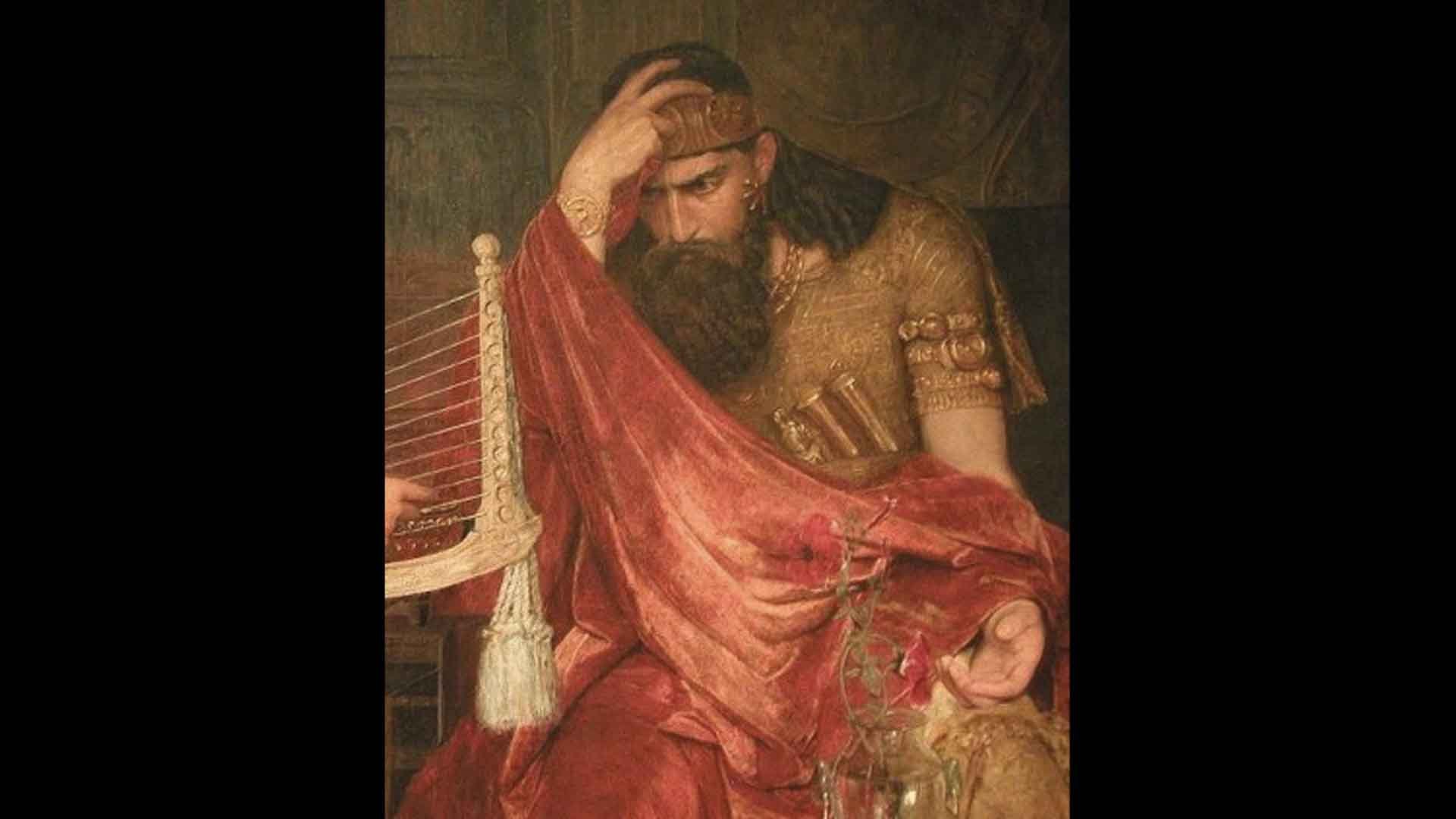For the source text click/tap here: Nedarim 86
To download, click/tap here: PDF
With regard to the mishna’s ruling that if a man’s wife took a vow, but he thought that it was his daughter who had taken the vow and he nullified the vow, he must nullify the vow a second time, the Gemara asks: Is this to say that the phrase: “But if her husband disallowed her [otah]” (Num 30:9) is precise? In other words, does the use of the word her, otah, indicate that a man can nullify a vow only for the specific woman who took it?
But is it not so that with regard to the tears in one’s clothing that are made for the dead, as it is written “for,” “for,”and about which is written:
“And David took hold of his garments and rent them, and likewise all the men that were with him, and they wailed, and wept, and fasted until the evening, for Saul, and for Jonathan his son, and for the people of the Lord, and for the house of Israel, because they were fallen by the sword”. (II Sam 1:11)
The use of the word “for” with regard to each of them indicates that one must make a separate tear in his garment for each person who died.
We explore the Halacha and ritual of tearing ones clothes in grief and in mourning and a peek at the history of funerary fashion.

